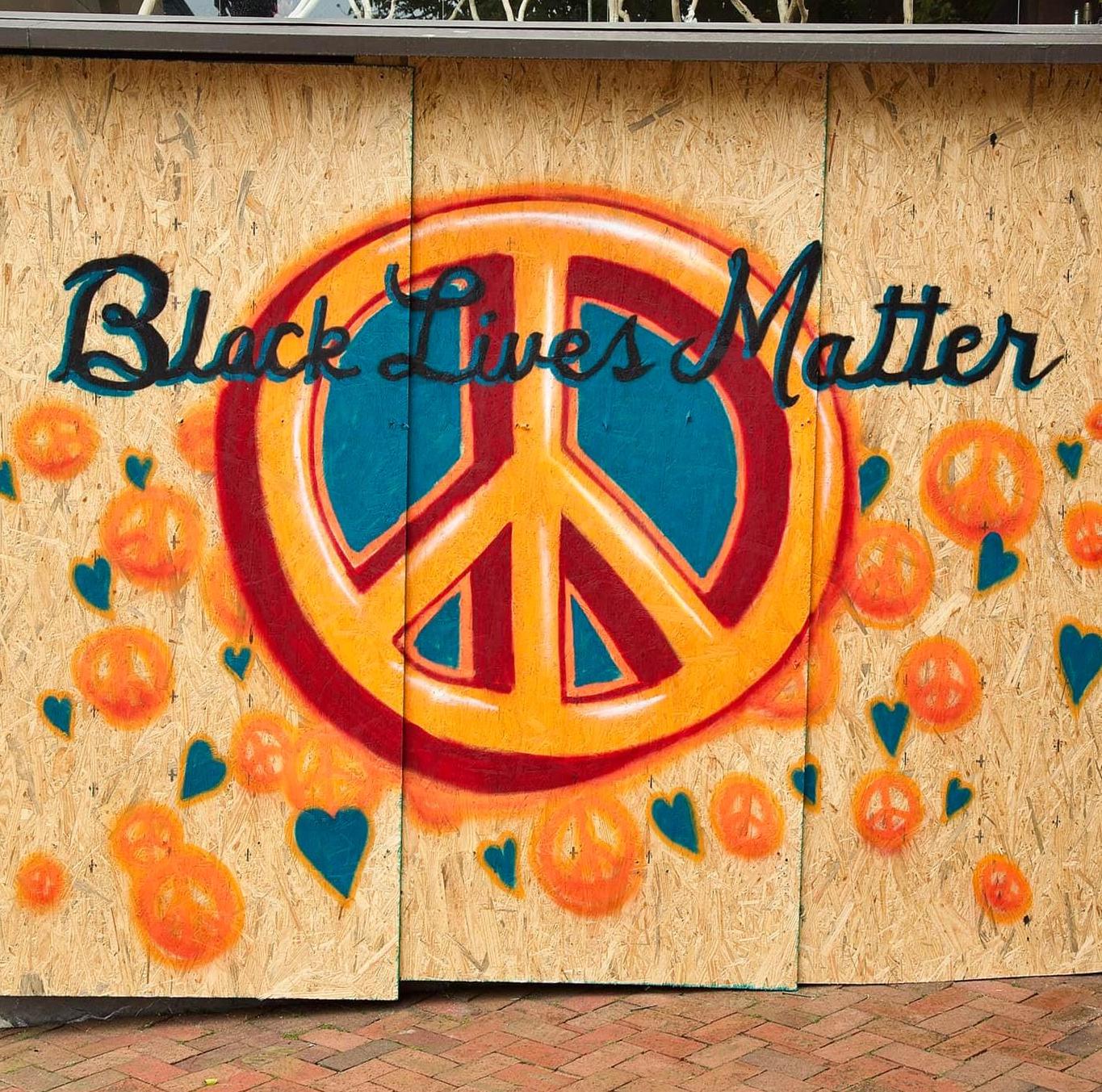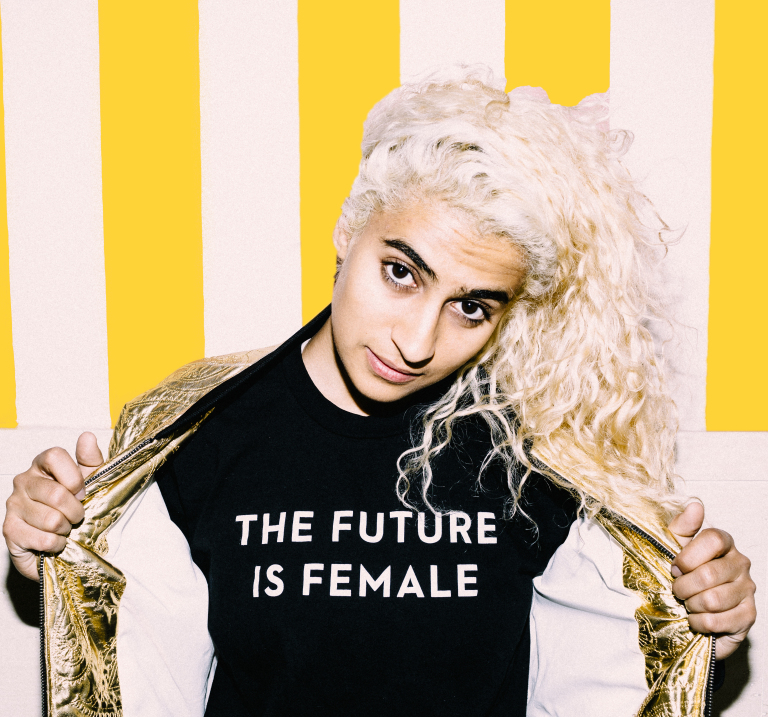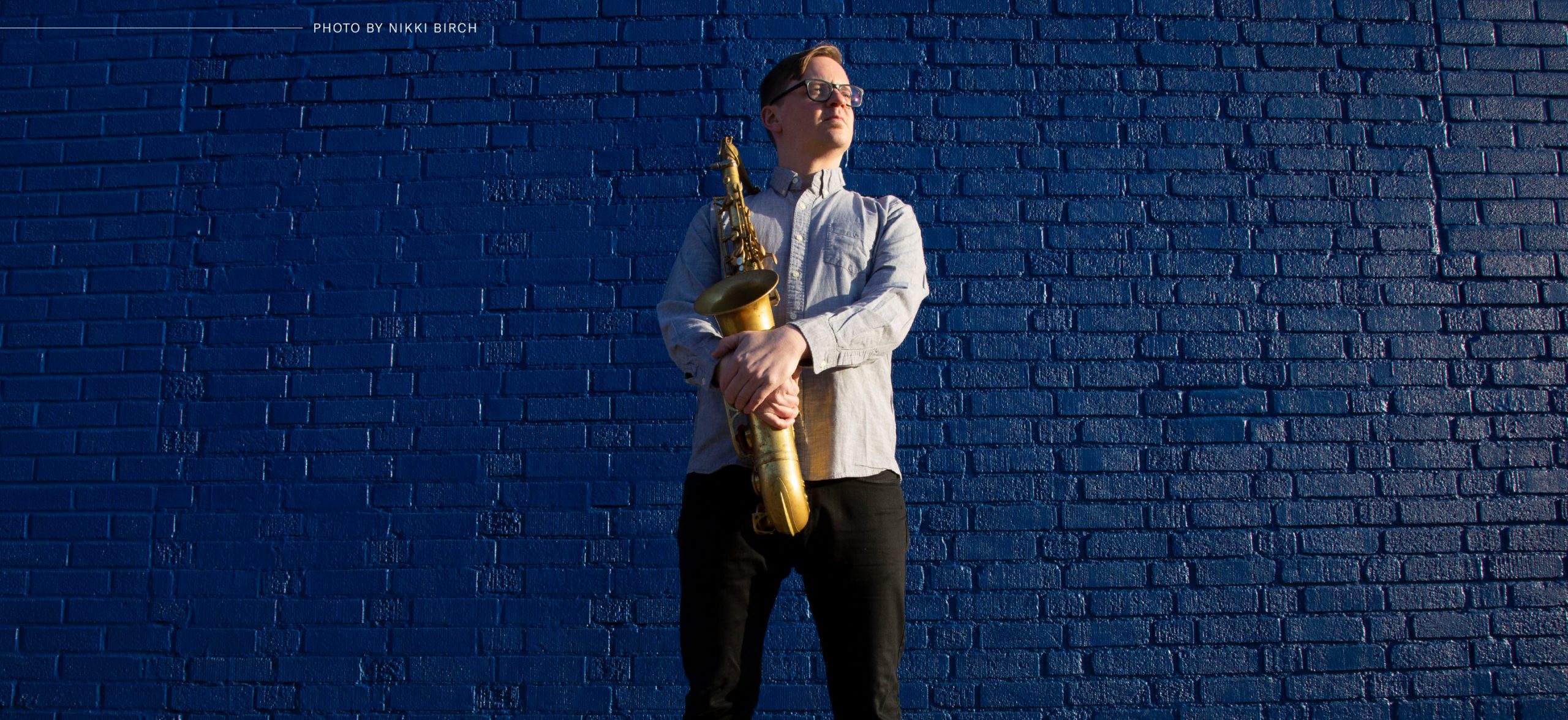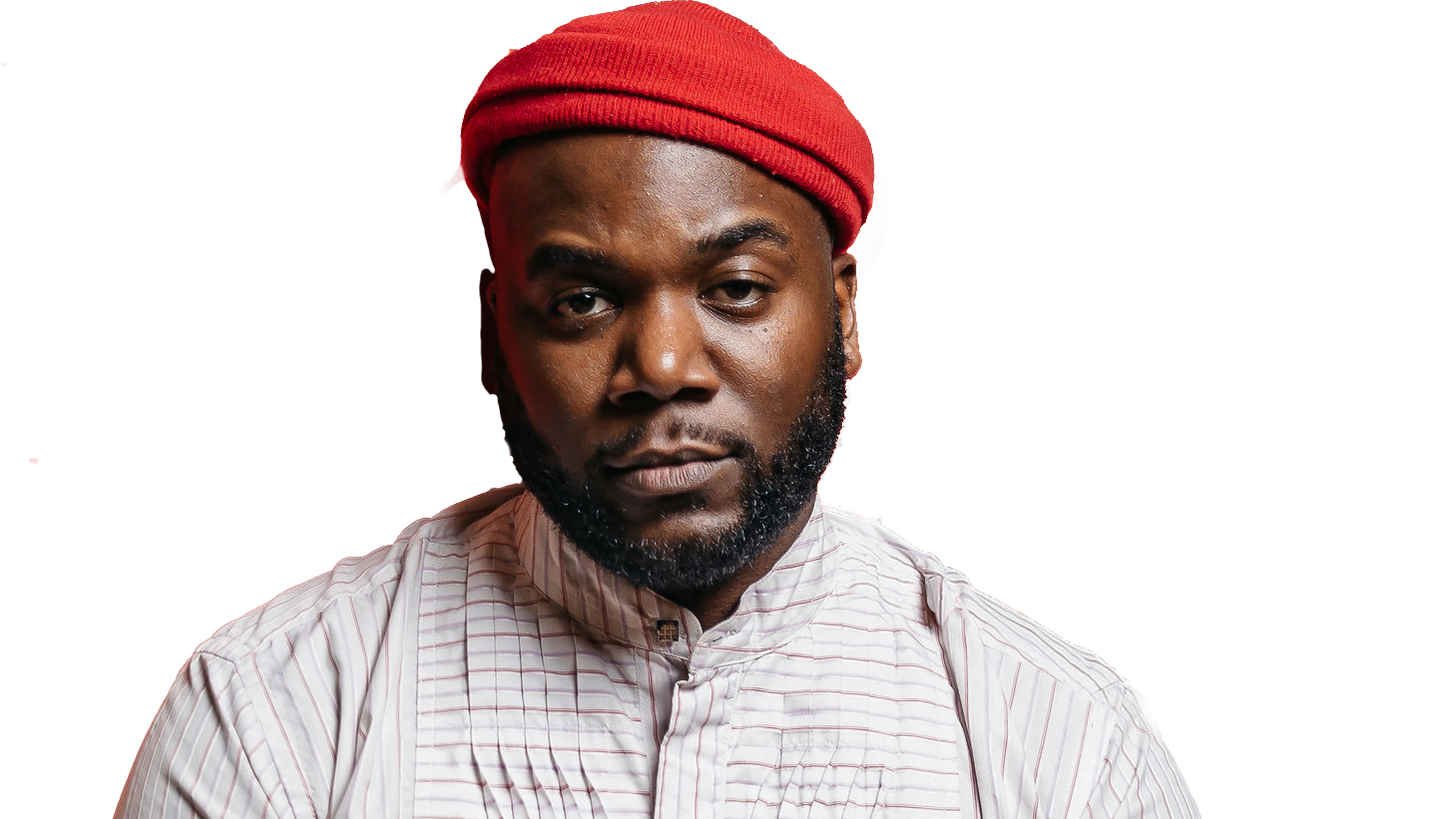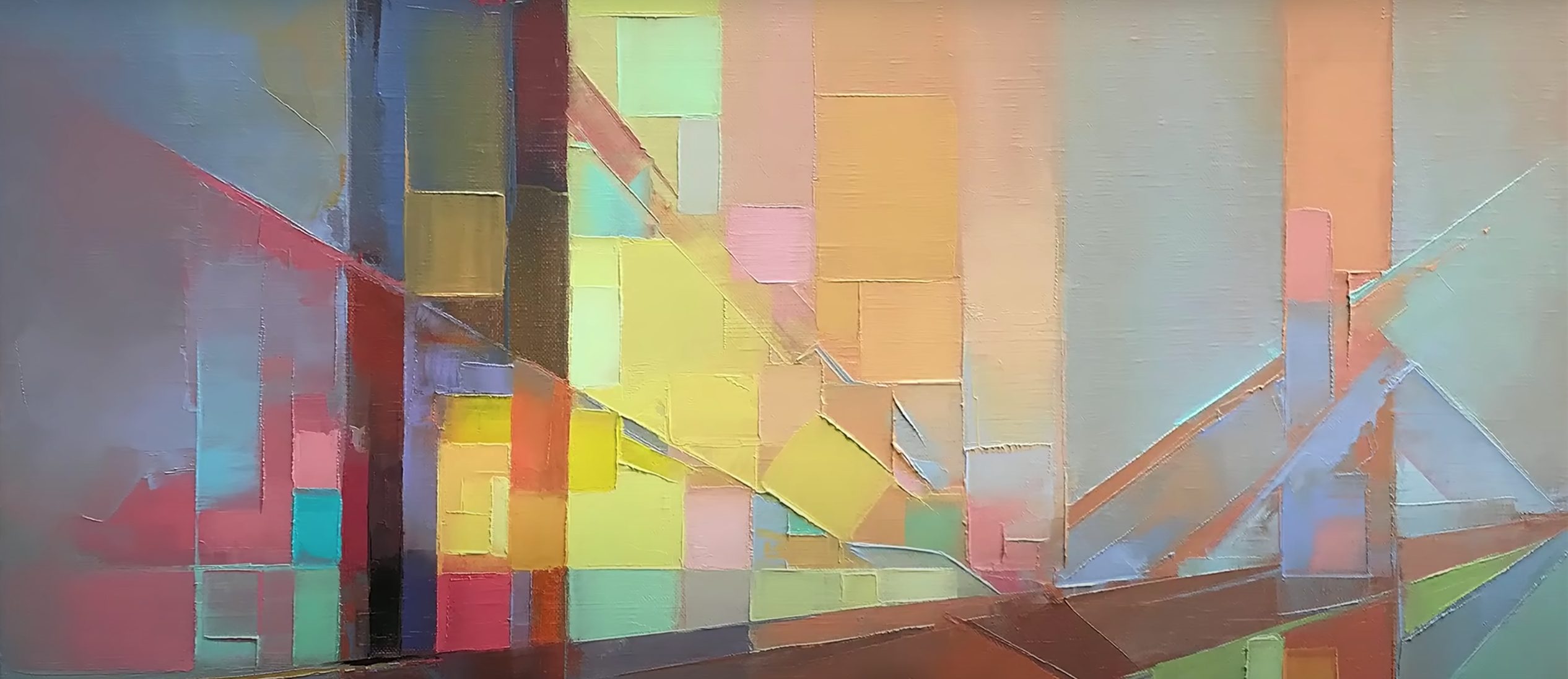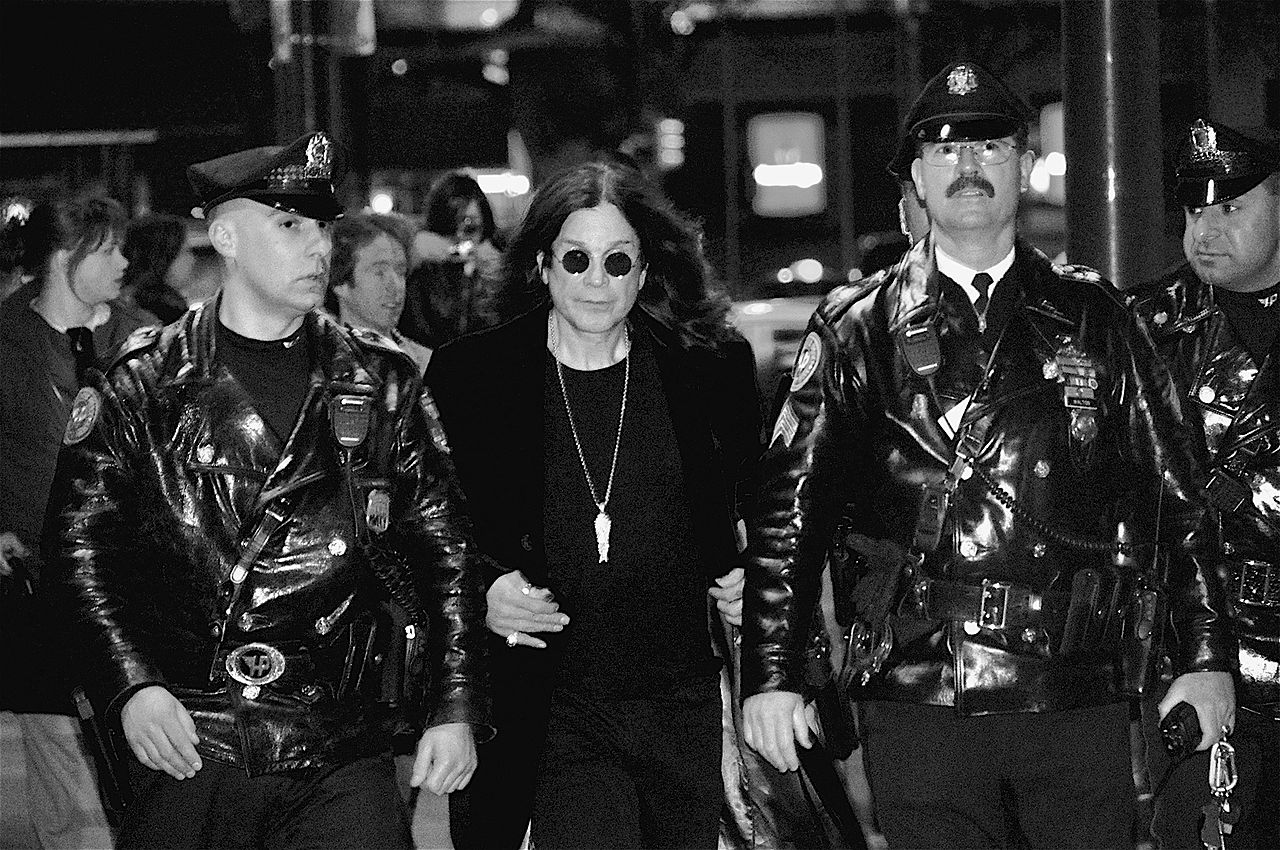Top 10 Places to License Your Songs
by John Culbreth
(Partner at Musos and Trumpet Player for Naughty Professor)
In May of last year, I decided to poke my head into the world of sync licensing.
I had just finished performing 12 shows in 4 days, a pace familiar to most New Orleans musicians during Jazz Fest season, and was ruminating on how physically demanding the lifestyle of a performing musician is. I thought to myself, “If my body hurts this much NOW…how am I going to feel when I’m 60?”
So, I dragged my aching diaphragm over to my computer and started googling. As it turned out, there were a ton of agencies that dealt with sync licensing. I submitted some of my production music to a few of them, and got some replies. Eventually, I started getting “URGENT – music search” emails describing real film music prompts looking for tracks. From that point on, I was hooked.
After a year and a half of research, I’m still learning new things about the music licensing industry every day. One thing I’ve learned is that the right placement in a film or ad can be life changing. Having a song licensed is one of the only ways to seriously monetize compositions and recordings that don’t already have widespread fame. If you play your cards right, writing, recording and licensing your own music can become a steady source of income.
With the epidemic turning the music industry on its head, many artists are asking themselves how to license music for film or tv, or maybe just generally wondering how music licensing works.
By writing this article I hope to shed light on a side of the music industry that often gets overlooked or written off as inaccessible and show it to be an opportunity for any composer or songwriter. While it’s not the easiest industry to break into, the need for music in film isn’t going away and the rewards for successfully landing a placement can be substantial.
Where can I submit music for licensing opportunities?
There are many options out there ranging from large companies with huge libraries and widespread connections to smaller boutique companies that dedicate more attention to the artists on their roster.
Before we begin, it should be noted that there are two types of deals with sync agencies: Exclusive and Non-Exclusive. In an exclusive deal, you agree to only work with one agency, whereas in non-exclusive deals you can work with as many agencies as you want, or even license the music yourself. One reason you might sign an exclusive deal is that the agency is plugged in with a lot of buyers and that you’d have a higher chance of getting placed. Another is that if you’re not careful, two non-exclusive agencies could pitch the same song to the same client, which puts the client in the awkward position of having to play politics.
Whatever the case, always make sure that you read the contract, as some companies seeking exclusive deals retain exclusivity “in perpetuity”, which means you will never have the option to change companies in the future. If you see a deal that says in perpetuity, I’d strongly urge you to avoid the deal unless there is a large guaranteed opportunity on the table.
The following list should help show the differences between each company and hopefully will help you answer the question “how do I get my music licensed?”.
MARMOSET MUSIC
Marmoset Music is one of the leading sync agencies working in the US today. With a very clean library interface which incorporates their patented “Arc” techology, their database sorts music based on the rise and fall of a songs dynamics. Marmoset has a large base of real artists and, as they say on their website, meticulously curate their music and provide real value to both their customers and their artists.
AUDIOSOCKET
Audiosocket is a larger company that has a library comprised of over 80,000 songs. They drive millions of dollars of sync placements every year, which is one large reason to sign with them. As one of the technology leaders in the sync licensing sector, Audiosocket has a strong foothold in the industry and generates a lot of money for its artists.
SOUNDSTRIPE
Soundstripe offers to buy music from artists outright as a work-for-hire. The only music you can submit is music that is previously unreleased, and you have to be registered to a PRO account to join. So basically, the music you sell them will only make you that up front money, and will never make you another nickel. Great for if you make production music really quickly and are willing to kiss it goodbye. Not so great if you want to keep your songs. This is more about how to make money with your music once than it is about how to license music.
MUSOS
Musos was founded in February of 2020 by a Grammy winning producer, a recording studio owner, and myself. A composition-focused counterpart to some of these other companies, Musos specializes in producing great songs and custom cues by calling on New Orleans’ top performers and composers, and additionally runs a boutique pitching agency. Musos operates on a non-exclusive basis, with a specific focus on music licensing for film, tv, and advertising. The current representation deal is a 70/30 split in favor of the artist.
RHYTHM COUTURE
Rhythm Couture is another smaller independent agency, with a large emphasis on hip hop and rap acts. Their goal is to uplift great artists who otherwise may not have had the opportunity to be synced and turn their corner of the underground rap over for their turn in the spotlight. Rhythm Couture works on a non-exclusive basis and has a 50/50 split with their artists.
KOZE MUSIC
Koze Music is an independent sync and admin agency. They work with artists on a non-exclusive basis, and due to their smaller size have the ability to direct more energy to each artist than their larger counterparts. “Founded in 2019 by four savvy industry vets, Koze provides high-end sync licensing and publishing administration services for a dynamic roster of artists and songwriters”
JINGLE PUNKS
Jingle Punks is a licensing company that focuses of advertising and branding anthems. Their artist deal is exclusive-only and is a 50/50 split with basically all royalties. Their term is for 1 year and automatically renews every year unless you provide notice. This service is great for if you make high quality production music and also want to retain your rights and have a non-perpetual term.
ARTILLST.IO
Artllist is a subscription based agency like Epidemic and sountstripe, with an all-you-can-eat buffet of royalty-free songs for a flat monthly fee. Artillist has a wide selection of production music, and has been spending a large amount on marketing to content creators and indie filmmakers.
EPIDEMIC MUSIC
Epidemic music has a similar client-side pricing model to Soundstripe, which is based on a monthly subscription for unlimited royalty-free music. They provide distribution services for their artists and offer up front money for partial ownership of the song, and offer short-term, non-exclusive contracts.
TAXI
Taxi has been around for a long time, as evidenced by the fact that they control the domain taxi.com. They’re a large company that has grown to provide a lot of services that other licensing companies don’t, like daily music requests and assistance in seeking deals with both the majors and Indie labels and publishers. They cover placements from production music to TV commercials to Movie Trailers. This service is unique in the method that they work with artists. Basically, any time there is a music request, they send that request to their network or songwriters and artists. If an artist has a song that they think fulfills that requirement, they must pay a submission fee of $5 to submit. The upside is that there is no commission on placements, the downside is that you have a lot of competition and lose $5 for every attempt.
Hopefully this information has given you some guidance about companies that license music. If you are looking to sign up with one of these services, make sure you review the agreement involved to determine that it’s the best situation for you and your music. If you sign up with a non-exclusive agency, you always have the option to sign up with more and even sell licenses yourself. In the end, sync licensing can be a great way to generate income with your own creativity.



